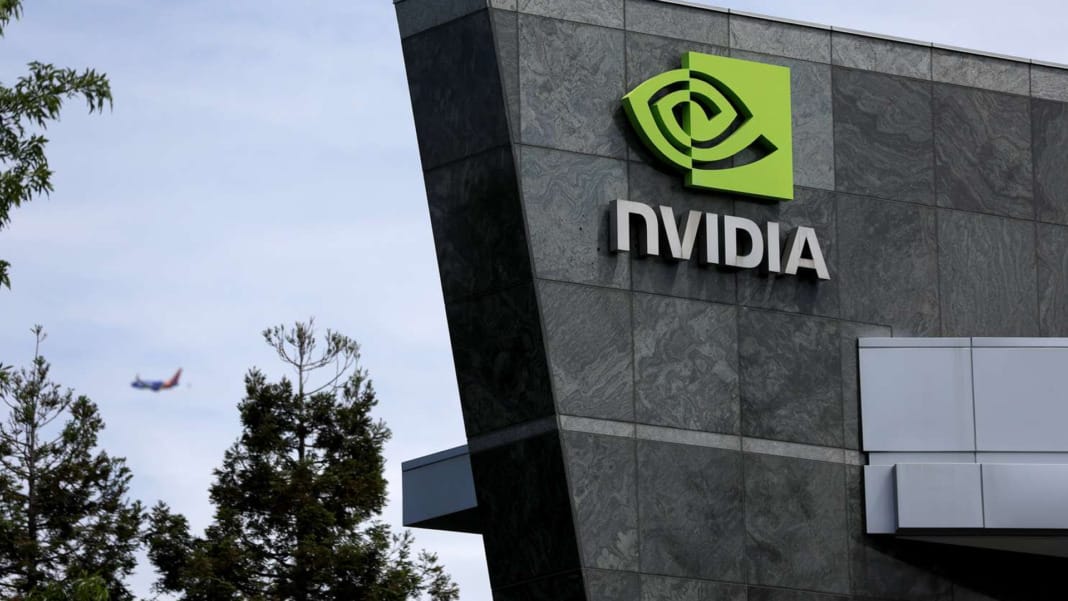In response to the United States’ export controls, Nvidia, an American chip giant, has launched a specially designed gaming chip for the Chinese market. Announced on Thursday, this chip blends compliance with regulatory standards and technological excellence.
Aligning with US export controls
The GeForce RTX 4090 D, the latest offering from Nvidia, is crafted to meet the strict export control standards set by the US government. According to a spokesperson from Nvidia, the development of this product involved in-depth consultations with US authorities. Promising a significant boost in performance and AI-enhanced graphics, the chip is set to be available to Chinese customers in January.
Adapting to market dynamics
This release marks a pivotal moment for Nvidia, particularly following the October US export regulations that affected its earlier AI and high-end gaming chips targeted at China. The embargo impacted two AI chips, the A800 and H800, and the superior gaming chip, the RTX 4090.
Nvidia, which holds a commanding share of over 90% in China’s US$7 billion AI chip market, initially planned to release three new AI chips for the Chinese market. However, complications led to a delay, making the GeForce RTX 4090 D the first to be officially unveiled. The US restrictions are expected to benefit domestic competitors like Huawei Technologies.
Technical specifications and pricing
The GeForce RTX 4090 D, though 5% less efficient in gaming and creative tasks than the prohibited RTX 4090, remains a robust choice for the Chinese market. It is priced at 12,999 yuan (US$1,842), slightly above China’s second most advanced chip in the series. US Commerce Secretary Raimondo stated that Nvidia could continue selling AI chips in China, but the most powerful ones are omitted.





